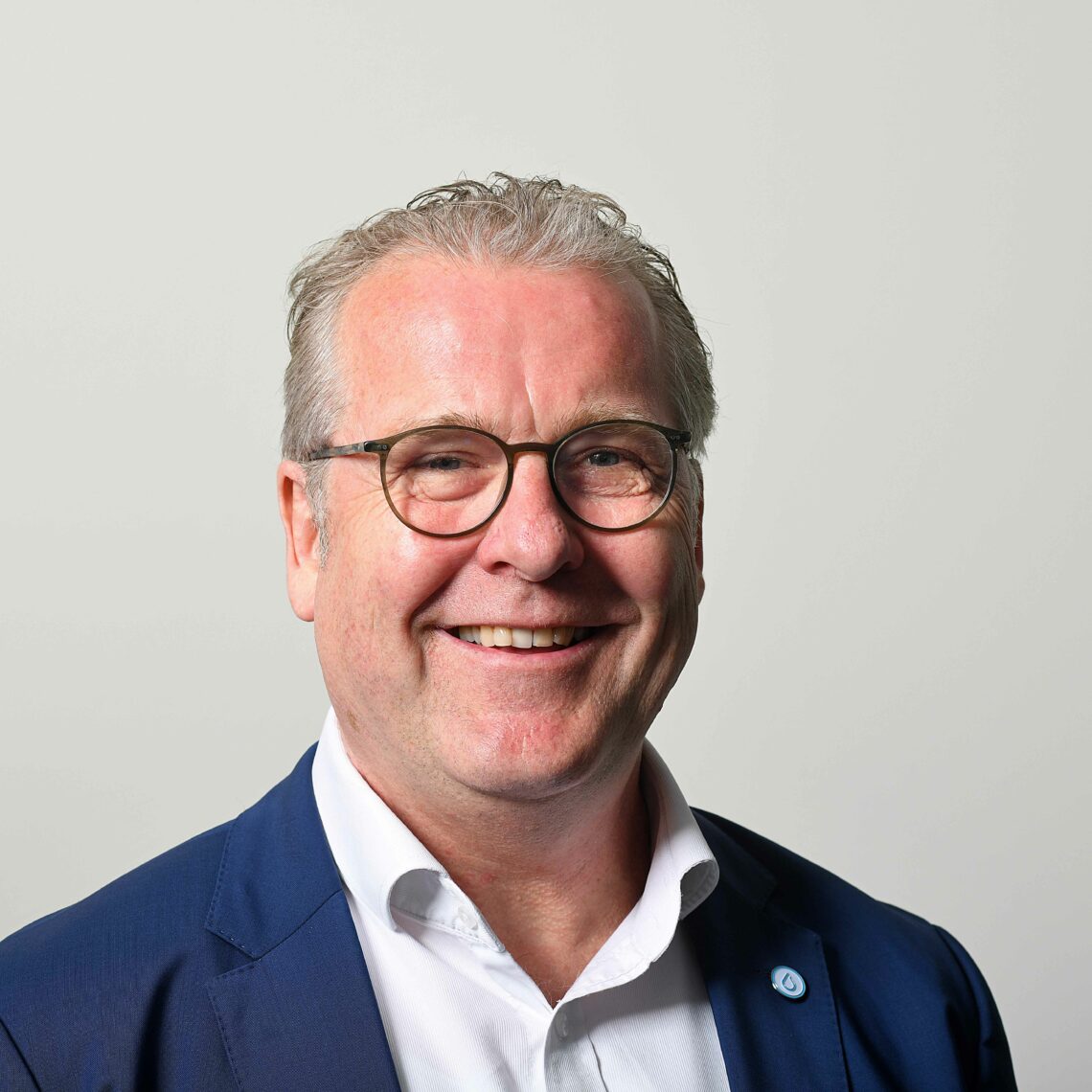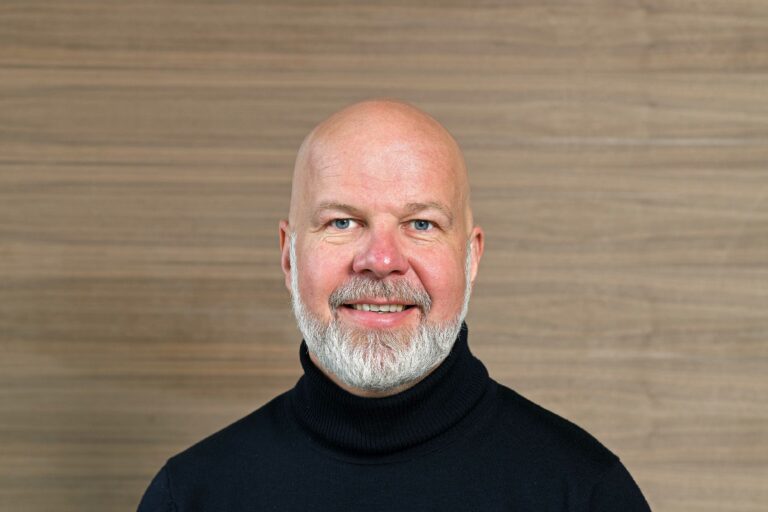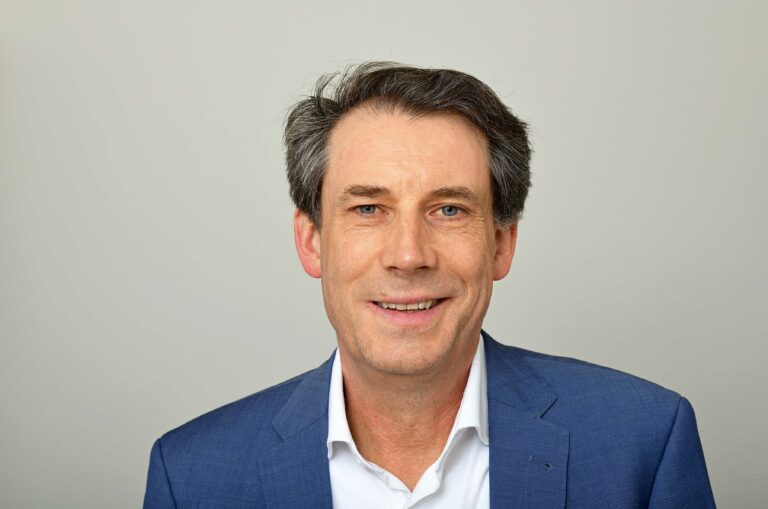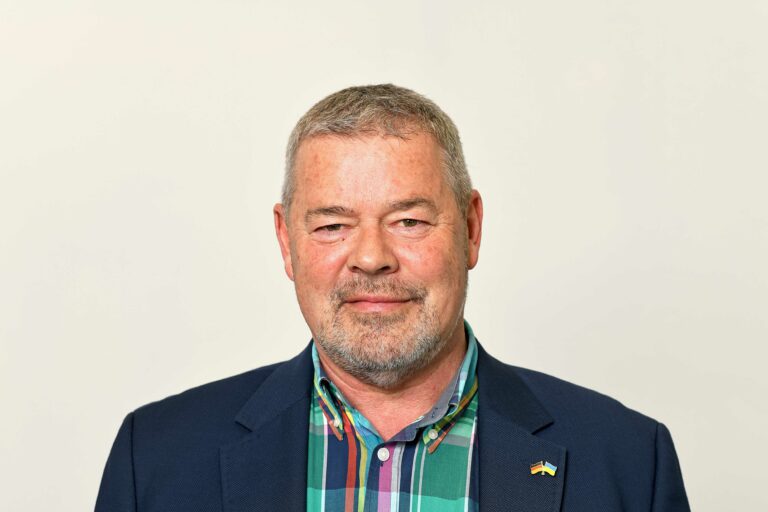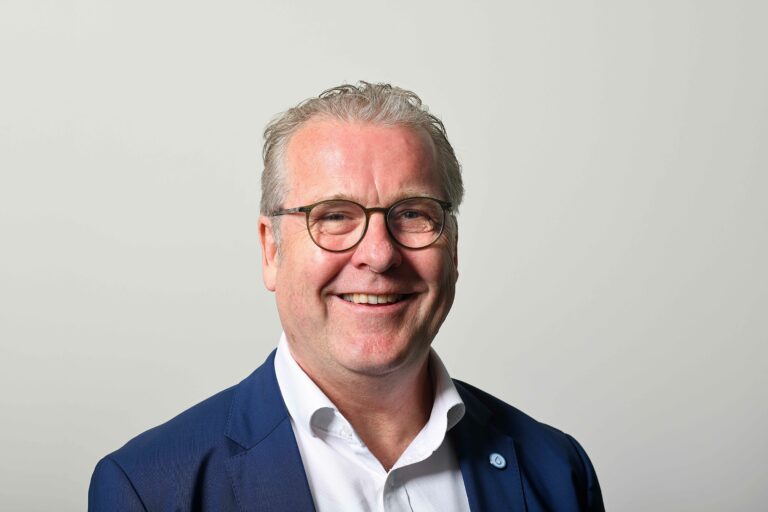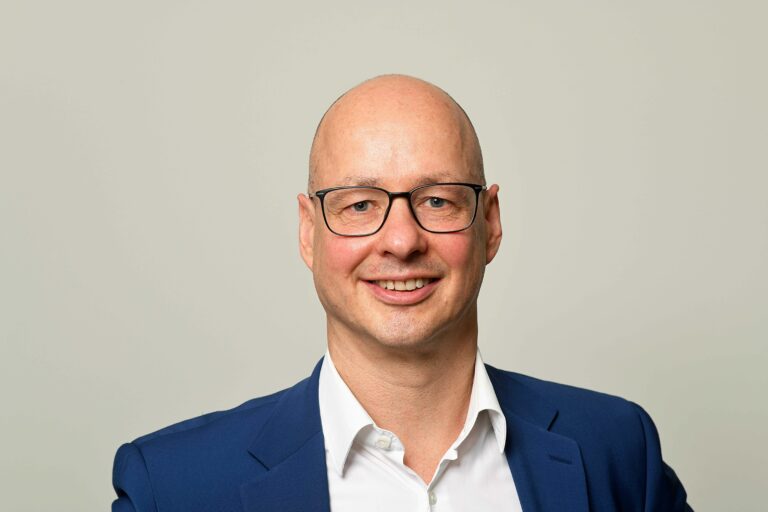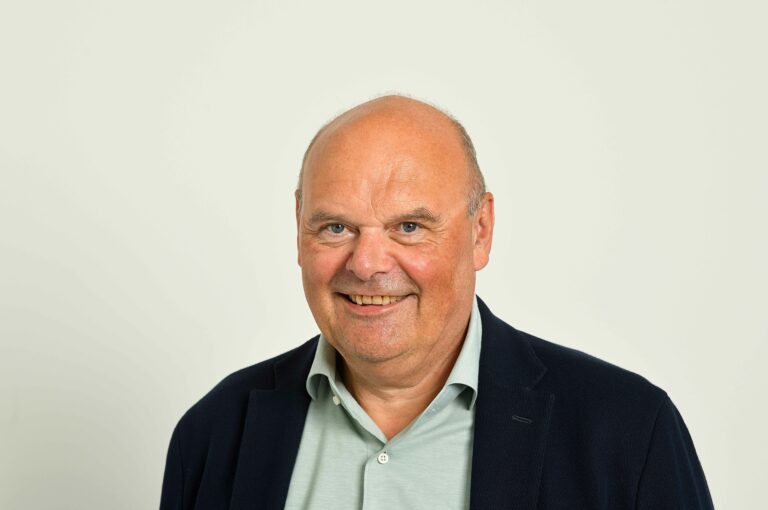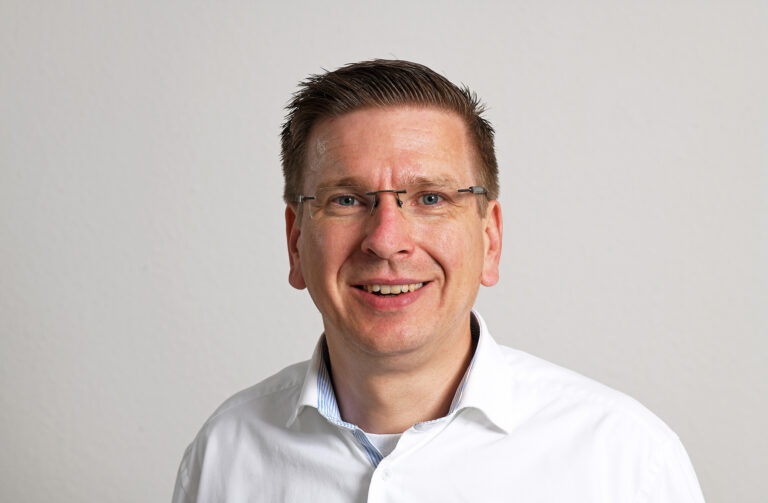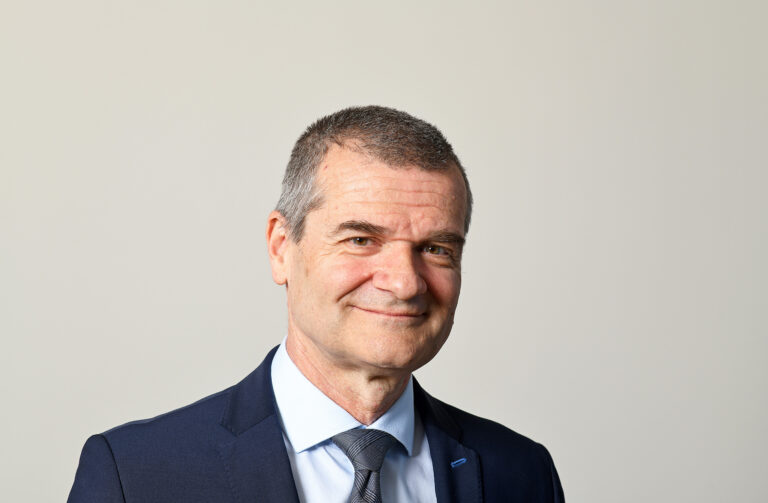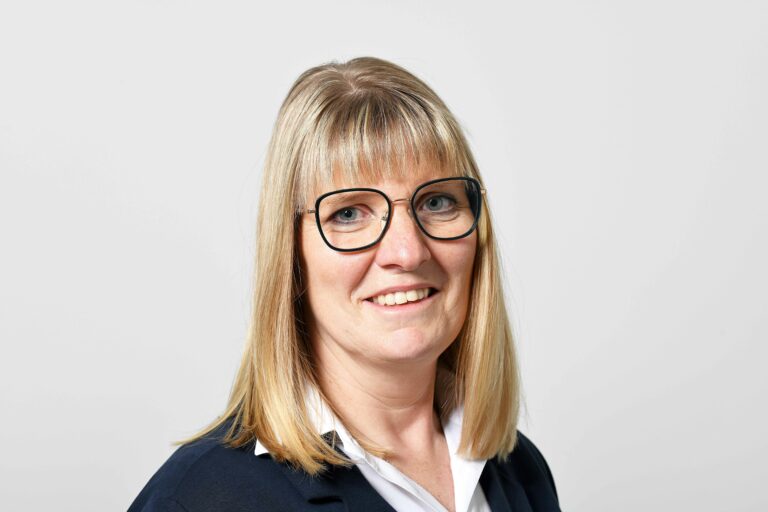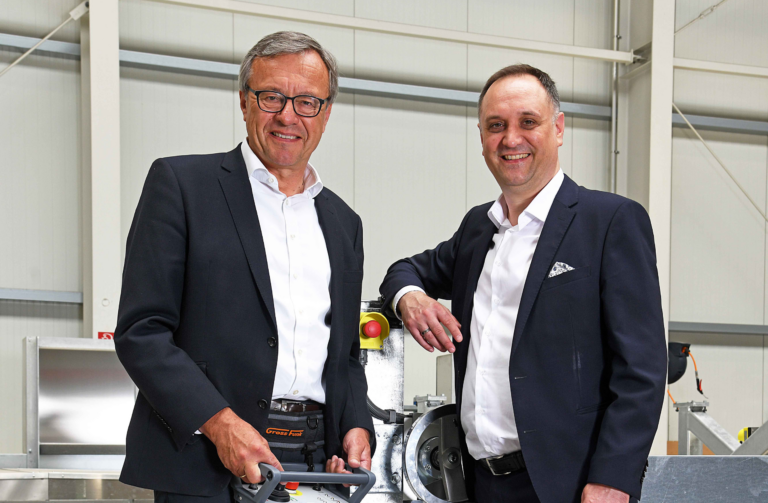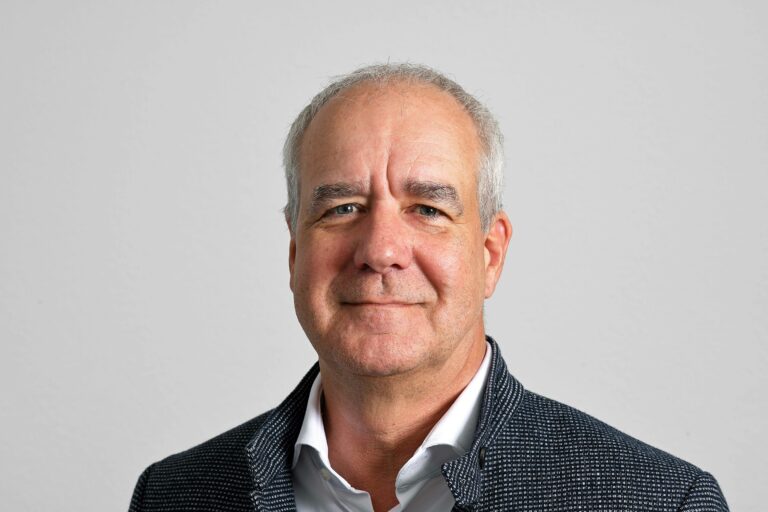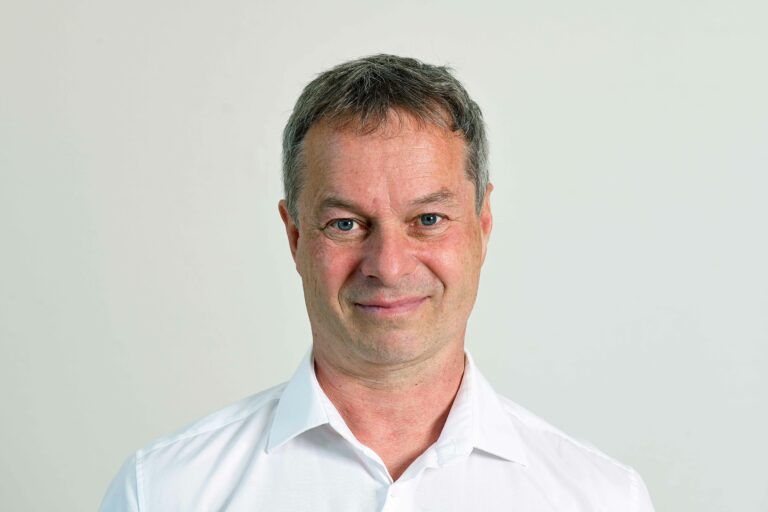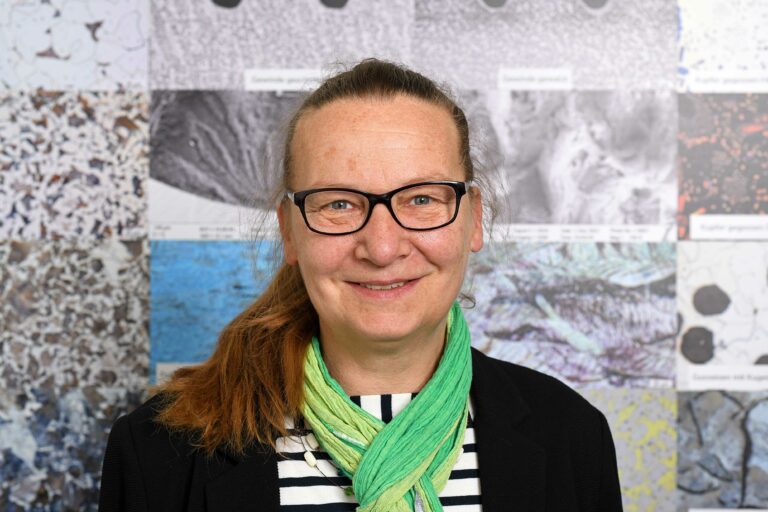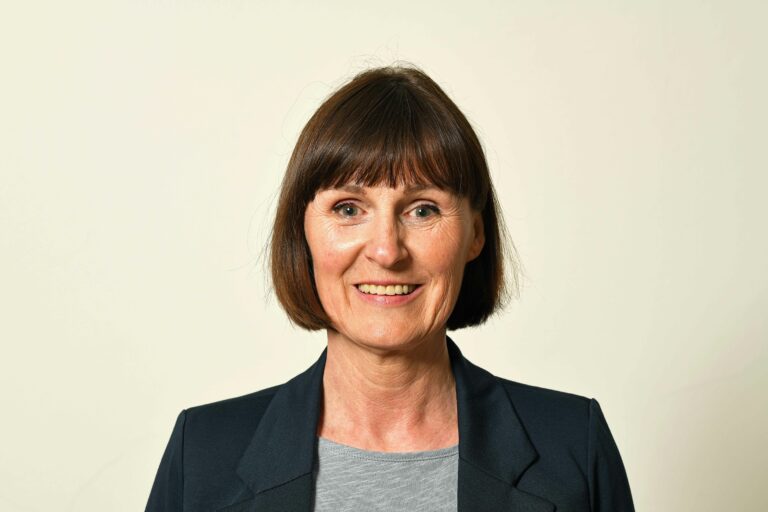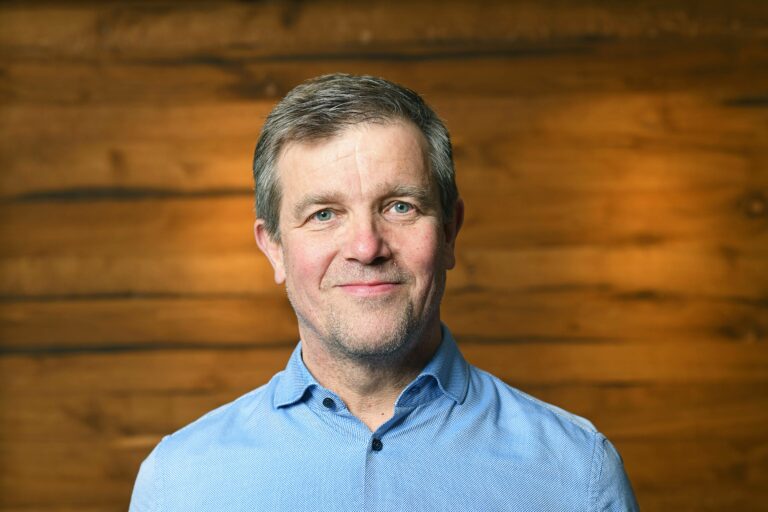On occasion, he also describes himself as an ambassador for the acceptance and implementation of hydrogen as the central building block for the energy transition. Dr Mischa Paterna is not above repeatedly explaining in the increasingly controversial discussions with e-car advocates why hydrogen is necessary to decarbonise industrial processes and not to operate the City Smart with H2.
“I compare the hydrogen industry with the beginnings of the wind and solar industry around 20 years ago. All players are united by the conviction that they are making a key contribution to a future worth living on our planet. People are looking to co-operate across national borders and pool their experience in order to master the huge task of transforming existing energy generation structures into a green future. The hydrogen economy is facing particular challenges due to the massive time pressure. At the latest against the backdrop of the war in Ukraine, the conversion of the fossil energy infrastructure is becoming the main focus of society’s efforts,’ explains Dr Mischa Paterna, Managing Director of the Hydrogen Energy Cluster Mecklenburg-Vorpommern e.V.. Despite this mammoth task, he feels very fortunate to be able to play an important role in his favourite topic, the development of completely sustainable energy systems. ‘The daily exchange with innovative companies strengthens my confidence in the economic performance of our federal state and motivates me to help shape the path to a future that is fit for grandchildren,’ says the business graduate, who has been active in the renewable energy market for around 20 years and has broad market knowledge and an excellent network of contacts specialising in hydrogen. The five years he spent in the USA – three of them in the Bay Area around Palo Alto – have honed his profile for international assignments.
At the beginning of 2019, the Hamburg native moved to the pioneer in the hydrogen market, the APEX Group, in Rostock-Laage, where he took over responsibility for business development. As a pioneer in the hydrogen market, APEX planned the first grid-connected H2 plant and successfully put it into operation in 2021. APEX has been listed on the stock exchange since the beginning of 2023.
“Hoeller Electrolyzer GmbH in Wismar and the APEX Group were early pioneers in the market in Mecklenburg-Western Pomerania. The traditional focus in North-East Germany has always been on the maritime industry, where highly promising research projects are currently in progress. Mecklenburg-Western Pomerania must aim not to be a transit state for green power but to create first-rate jobs in research and development and in the production of hydrogen components and systems. One of the building blocks includes, among others, the newly founded hydrogen factory in Rostock“, says Dr Mischa Paterna, referring to so-called Important Projects of Common European Interests, which are also being funded as part of the European Green Deal at APEX and in the port of Rostock. Furthermore, several consortia in Lubmin near Greifswald are working to set up H2 production on a large scale to meet the German government’s target of 10 gigawatt by 2030.
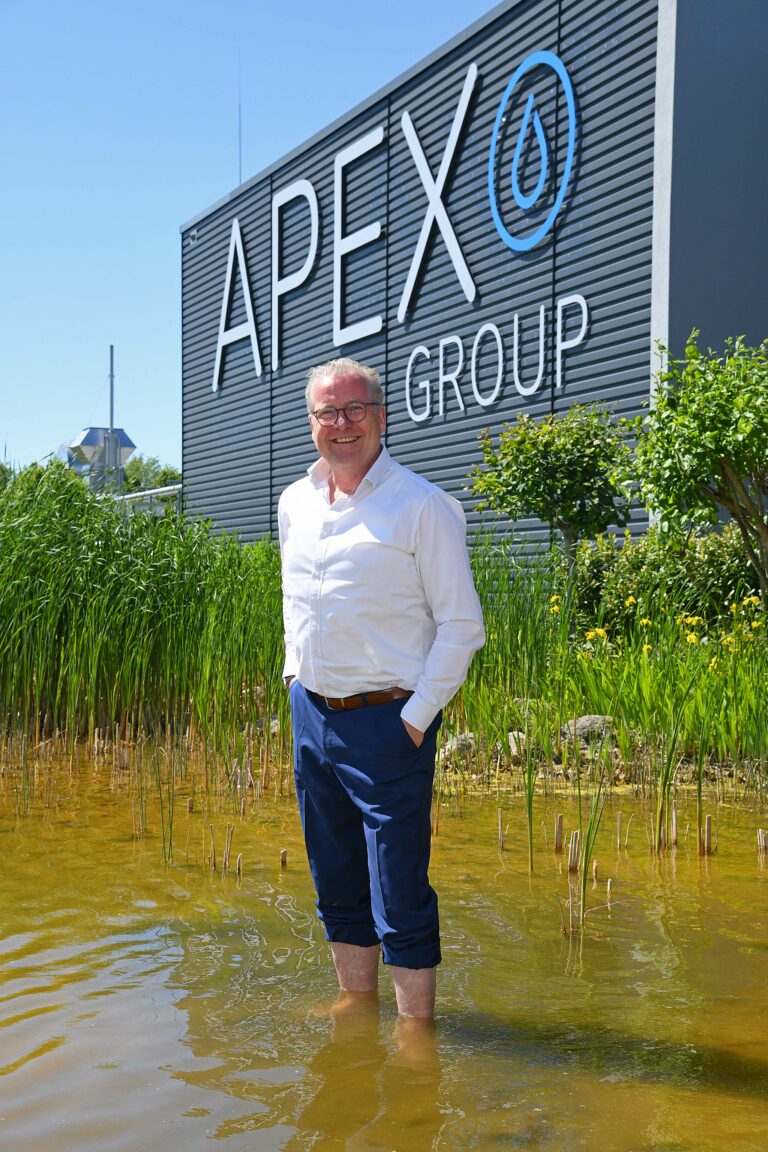
Wind and solar energy are the basis for green hydrogen
In 2019, the Minister-Presidents of the five North German states adopted the North German Hydrogen Strategy, making them market pioneers ahead of the national initiative. Compared to the other German states, the common factor in the North is that they generate a surplus of renewable energies. Wind and solar energy form the basis for producing green hydrogen. Mecklenburg-Western Pomerania has used the historic opportunity and built on the existing structures in the wind and solar sector to pave the way for hydrogen. It has the best prerequisites to act as a central hub for generating green hydrogen. North-East Germany now generates far more electricity than it needs, thanks to the accelerated expansion of renewable energy plants.
Hydrogen can only work if all players are on board simultaneously. Production, transportation and consumption have to be planned and implemented practically at the same time. The political sector and the population have to be informed about the benefits, and the opportunities must be communicated accordingly. Even if hydrogen as a source of energy is practically as old as the issue of fossil energy itself, it is only now that its commercial use is coming into focus in the course of climate change. It is not only the development and production of the necessary electrolysers, fuel cells, storage and refuelling solutions that are still in their infancy, but also planning and project development know-how, as well as the companying approval procedures. It has taken a long time for reliable framework conditions to be created on the national and European level, and companies involved in the sector are still facing great uncertainty.
“I often find myself wishing I could have control of the political levers and accelerate decisions, ensuring that necessary changes are put across with greater clarity. To this extent, a career in politics could also have appealed to me, despite the fact that it takes a high degree of frustration tolerance to deal with being appropriated by the party landscape and the constant need to compromise”, says the hydrogen expert.
Accelerating the market start-up for the hydrogen industry
Since it was founded, the Hydrogen Energy Cluster Mecklenburg-Western Pomerania (WECMV) has been of the firm opinion that energy solutions do not stop at national borders. The 85 members today include companies from Switzerland, Denmark and the Netherlands. Large companies such as Airbus and TÜV are also involved, as well as regional planning offices and the rural districts. The WECMV sees itself as a link between politics, science and business. It pools expertise across the whole supply chain and works closely with the political sector to dovetail the hydrogen strategy with the companies’ expectations. The Leibniz Institute for Catalysis and the Fraunhofer Institute in Rostock, IGP Greifswald, Stralsund University of Applied Sciences and the HIAT in Wismar belong to the cluster and act as the backbone of hydrogen research in Mecklenburg-Western Pomerania. Schwerin CCI recognised the importance of the energy issue for its members at an early point in time and is actively involved in shaping the carbon-neutral world of tomorrow. In January 2024, the WECMV moved into its offices in the CCI’s Ludwig-Bölkow-Haus building, facilitating consultations with the political sector.
The WECMV CEO is convinced that it is the right time for hydrogen to make the transition from being a topic of general discussions in society at large into perceptible applications. Planning uncertainty due to changing framework conditions must be eliminated and necessary instruments provided for economic operation. The technology is mature enough. Now it is a case of moving from the manufacturing level to the industrial level, otherwise hydrogen is likely to suffer the same fate as the solar market, with Asian trading partners dominating the market. The political sector cannot compensate for neglectful planning by constantly increasing the network charges. Instead, price reductions must at last give the population a perceptible awareness of the benefits coming from the energy transition.
“It is our declared aim to accelerate the market launch so that standardised applications can be developed with corresponding cost reductions. The four major trends for the energy sector in future are decarbonisation, decentralisation, digitalisation and democratisation. Storage solutions and intelligent control must ensure reliable supply from fluctuations in generation”, says Dr Mischa Paterna resolutely and his eyes fixed on his personal motto: “It’s a case of putting more life into the years, rather than giving more years to life.“
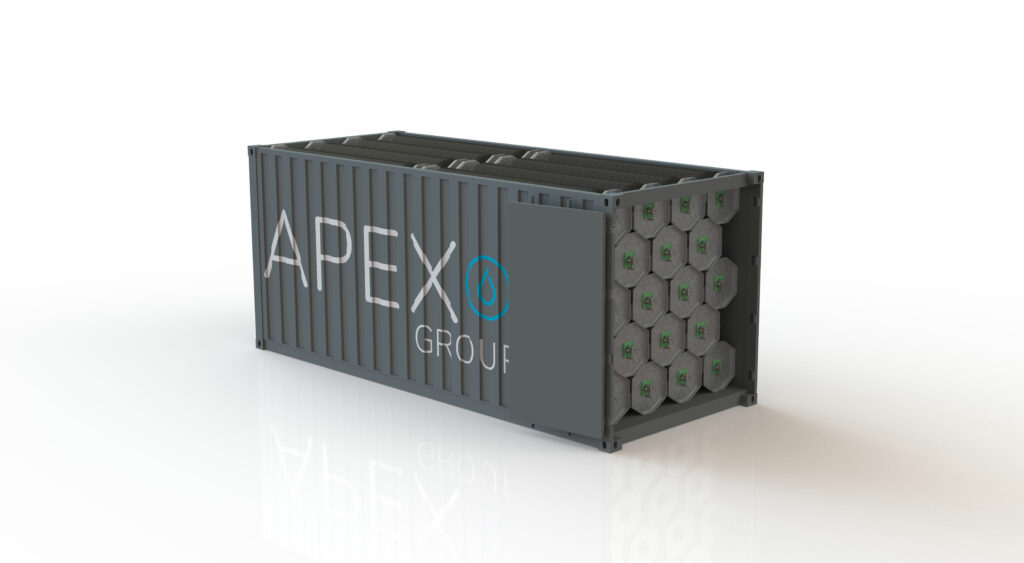
In October 2005, the Hotel Speicher was the first in the Mecklenburg-Schwerin region to be certified for its environment concept by Viabono, a joint initiative by the German government in cooperation with tourism, environment and consumer associations. Just a few years later, in 2010 the Hotel Speicher was the first in Mecklenburg-Western Pomerania to offer its guests climate-neutral accommodation. In the same year, the hotel was co-founder of “Climate Hotels Germany”, an initiative whose members work together with the Viabono eco-label to fulfil the demands for certified, ecological hotel management. The “climate hotels” are among the most environmentally friendly hotels in Germany. They have undertaken to continuously reduce their carbon footprint and to compensate for unavoidable residual emissions by investing in recognised climate project with their own reforestation project in Panama. The “climate hotels” thus play a pioneering role in the hospitality industry.
“Finally, in November 2017 we were the first hotel in North Germany to be certified with a positive carbon footprint. Since then, our climate protection projects have ensured that more carbon dioxide is absorbed than generated by the operation of our hotel. Accordingly, we make a positive contribution to the environment. Anyone who sleeps in our hotel or attends a meeting here does something good for the climate”, says Christian Petersen with pride and adds: “Sometimes it’s not easy to juggle everything at the same time. We want to maintain the balance between our ecological vision and the demands of our guests, while still standing out from the rest of the market”; says the hotel operator, for whom hotel digitalisation is no longer a foreign concept. In the kitchen, for example, the traditional catering receipt bar has been replaced by a digital board. Here the chef de cuisine can see and update all orders together with the waiting times for the individual tables. Moreover, all staff have their duty rosters on their phones, and a smart board is currently being prepared for hotel guests with information about their stay. Out of respect for older holiday guests, Christian Petersen currently has no plans to introduce terminals for checking in and out, but wants to greet guests the traditional way to cultivate personal contacts.
About Dr. Mischa Paterna
- born 1965 in Hamburg
- married, 3 kids
- Studied at the University of Hamburg, graduated with a degree in business administration
- Doctorate at the University of St. Gallen, Switzerland
- Tech Start-Ups in California, USA
- Partner, Masai GmbH, München / Paris
- Partner, INVERTO AG, Köln (now BCG)
- Managing Partner, Suncycle GmbH, Hamburg
- Director Marketing and Sales, APEX Group, Rostock-Laage
- Since 2021 Managing Director of the Hydrogen Energy Cluster Mecklenburg-Vorpommern e.V.
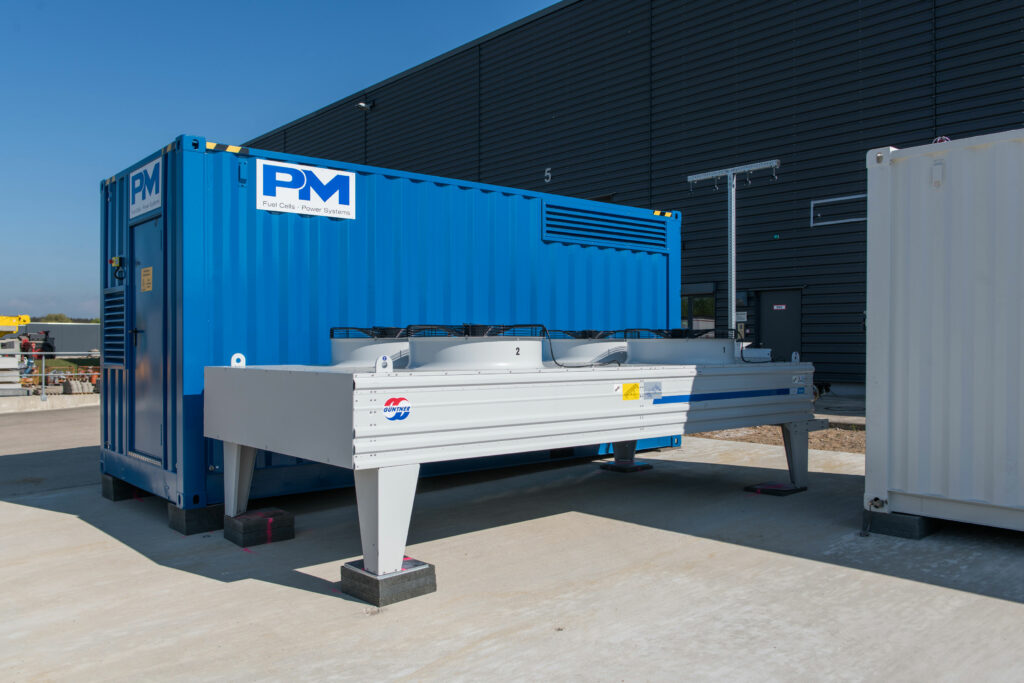
Wasserstoffemergiecluster MV e.V.
Sie sehen gerade einen Platzhalterinhalt von Standard. Um auf den eigentlichen Inhalt zuzugreifen, klicken Sie auf den Button unten. Bitte beachten Sie, dass dabei Daten an Drittanbieter weitergegeben werden.
Mehr Informationen
